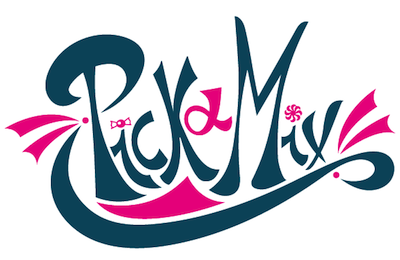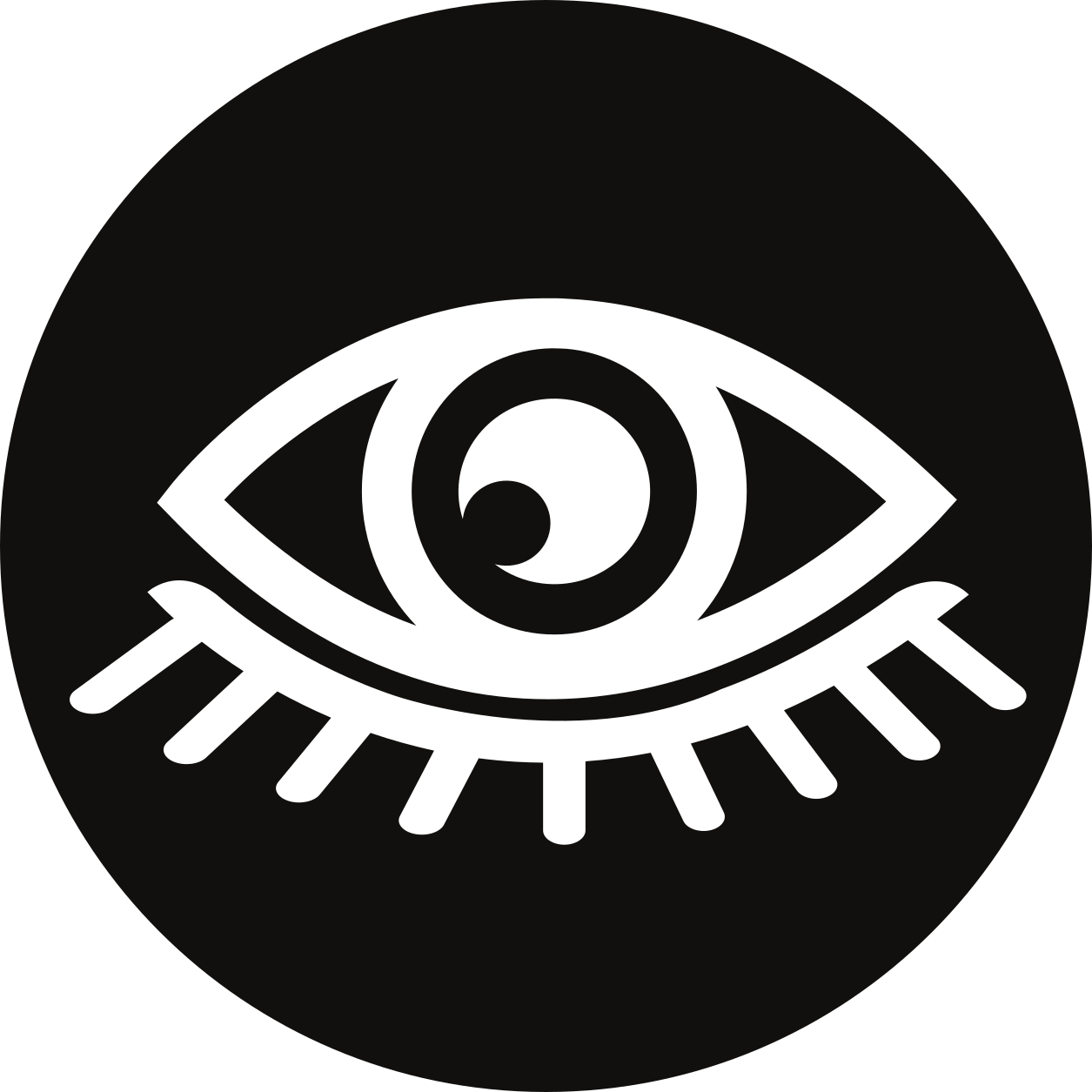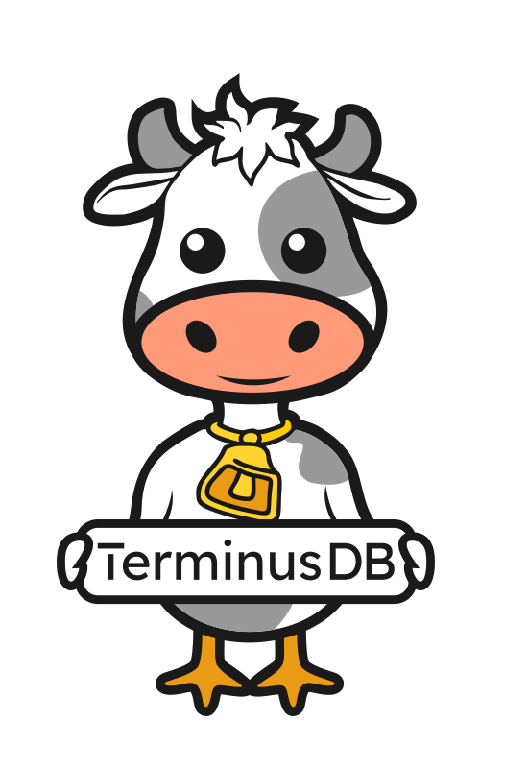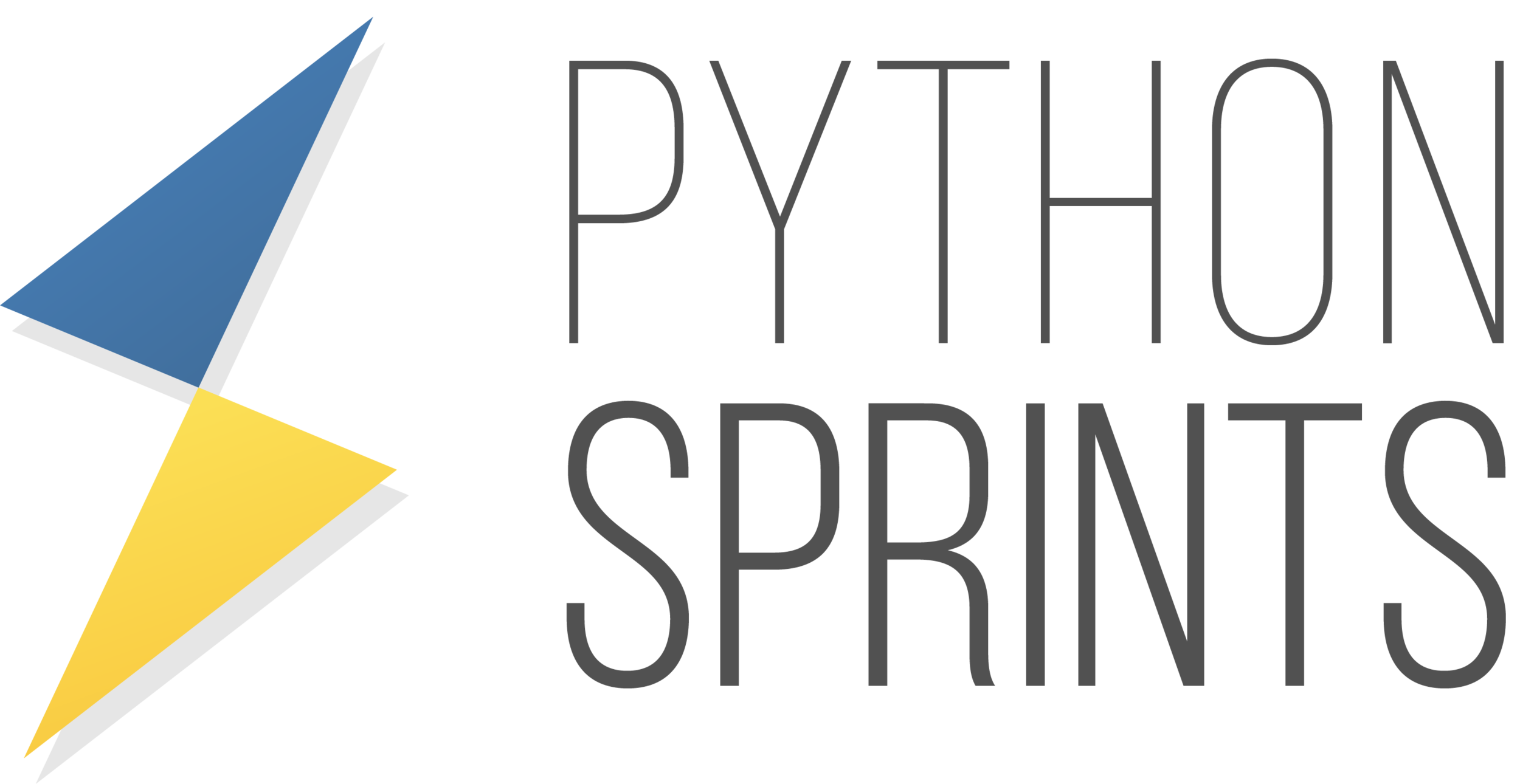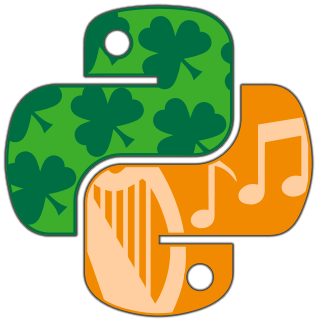Python Zero to Heros
Online Absolute Beginner Python Tutorials
Every Sunday 2pm (UK time/ BST)
by Cheuk Ting Ho
Get this slide deck:
slides.com/cheukting_ho/python-list-dict

Recap
Beginner topics:
Python objects, Control flows,
Functions, modeuls, classes and decorators
strings operations and regex with re
Testing:
pytest with fixtures and mock
property-based testing
python linters & auto-formatters
TDD, type hinting
Intermedite topics:
Iterators, generators, async
Packaging:
generating docs, pypi
Others:
Functional Programming
List (revisit)
- mutable - can change the elements
- hence not hashable (what does that mean)
- A non-mutable, hashable cusion is Tuple - e.g (1, 2)
- str is also a sequence that is hashable
- list object elements are by reference so changes will populate
List (revisit)
- sequencial object
- has __getitem__()
- iterable
- ordered (can be sorted)
List comprehension
https://www.programiz.com/python-programming/list-comprehension
A short cut to create a list in a "Pythonic way"
h_letters = []
for letter in 'human':
h_letters.append(letter)h_letters = [ letter for letter in 'human' ]Sorting Lists
https://docs.python.org/3/library/stdtypes.html#list.sort
sort(*, key=None, reverse=False)
Sorting Dicts
- Dictionaries on the other hands are not ordered
- We cannot sort a dicitonary
- But we can have a ordered dictionary form the collections module
https://docs.python.org/3/library/collections.html#collections.OrderedDict
from collections import OrderedDict
d = {'banana': 3,
'apple':4,
'pear': 1,
'orange': 2}
new_d = OrderedDict(sorted(d.items()))
new_dc = Counter()
c = Counter('gallahad')
c = Counter({'red': 4, 'blue': 2})
c = Counter(cats=4, dogs=8)Next week:
TBC
Sunday 2pm (UK time/ BST)

There are also Mid Meet Py every Wednesday 1pm



